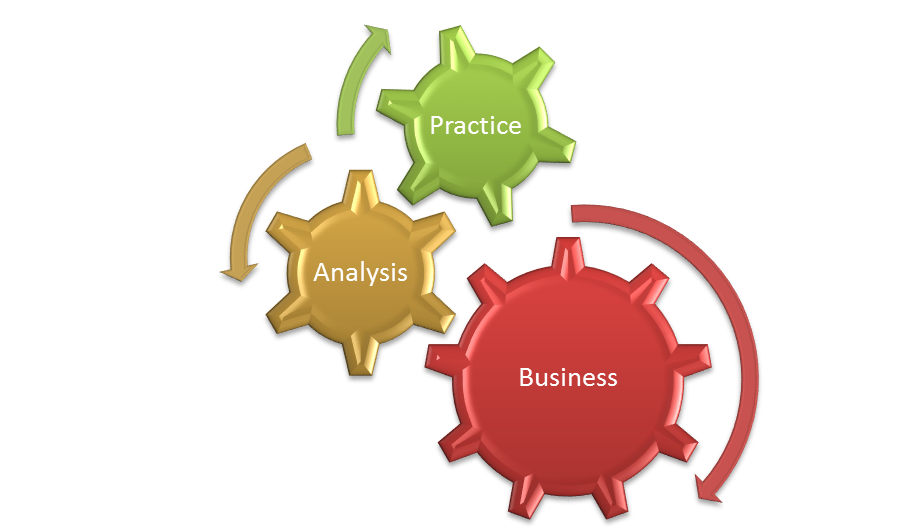Gloucester is a county city in Gloucestershire located in the south-west of England. Gloucester deceits close to the Welsh border, on the River Severn, between the Cotswolds to the east and the Forest of Dean to the south-west. King Henry II granted its first charter in 1155. Frugally, the city is conquered by the service industries, and has a high monetary and business sector and was protuberant in the atmosphere manufacturing.
Geography:
Gloucester is the regional town of Gloucestershire. It is the 53rd largest settlement in the UK. Its population was 110,600 in 2002. By 2011 the city had a population of 121,900, and by 2012 its population was 123,400. Growth feasts outside city limits, with many remote regions. The 2011 survey reports the population of the Gloucester as 149,820.
The city lies on the eastern bank of the River Severn. It is sheltered by the Cotswolds to the east, while the Forest of Dean and the Malvern Hills rise to the west and north. The wharfs, granaries and the docks themselves fell into disorder until their face-lift in the 1980s. They now form a public open space. Some granaries now house the Gloucester Waterways Museum and others were rehabilitated into housing flats, shops and bars. Moreover, the Gloucestershire Museum's soldiers is located in the Custom House. Next to the gallery is Gloucester Yacht Club. The port motionless houses the most inland RNLI lifeboat in the United Kingdom.
Attractions:
Gloucester Cathedral, in the north of the city near the river, creates the basis of an abbey devoted to Saint Peter in 681. It is the burial home of King Edward II and Walter de Lacy. The cathedral is very famous as it was used in the films like Harry Potter and the Philosopher's Stone, Harry Potter and the Chamber of Secrets and much more.
Many feudal and Tudor period gabled and half-timbered houses endure from previous eras of Gloucester's history. At the point where the four principal roads crossed stood the Tolsey, which was relieved by a modern building in 1894. None of the old public structures is left but for the New Inn in Northgate Street. It is a forested house, with strong, enormous external colonnades and patios. It was built around 1450 by John Twyning, a monk.

 ENQUIRE
ENQUIRE
 REQUEST CALLBACK
REQUEST CALLBACK
 GET A FREE QUOTE
GET A FREE QUOTE


 Introduction
Introduction Course Details
Course Details Course Content
Course Content





 London
London